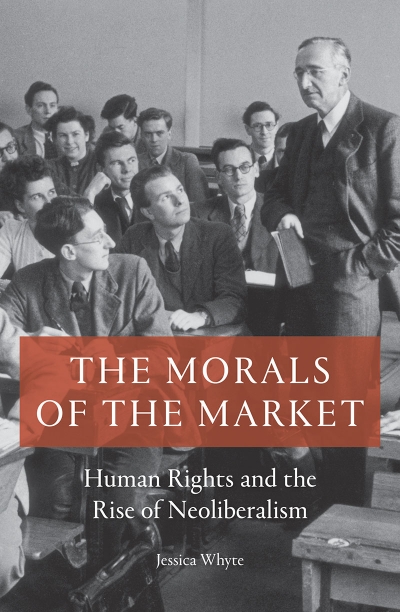Obituaries for neoliberalism have been coming thick and fast in recent years. Resurgent populist governments appealing to white, middle-class values, with rich subsidies for privileged sectors but austerity for others, might sound the death knell for the self-regulating markets, small government, and economising rationality commonly associated with contemporary neoliberalism. ‘That key voices on the right,’ economist Richard Denniss recently quipped regarding Australia, now ‘devote so much time to advocating the importance of Western culture and Australian values is proof that they have abandoned the fundamental neoliberal tenet that economic growth can solve all social and environmental problems’.
...
(read more)


